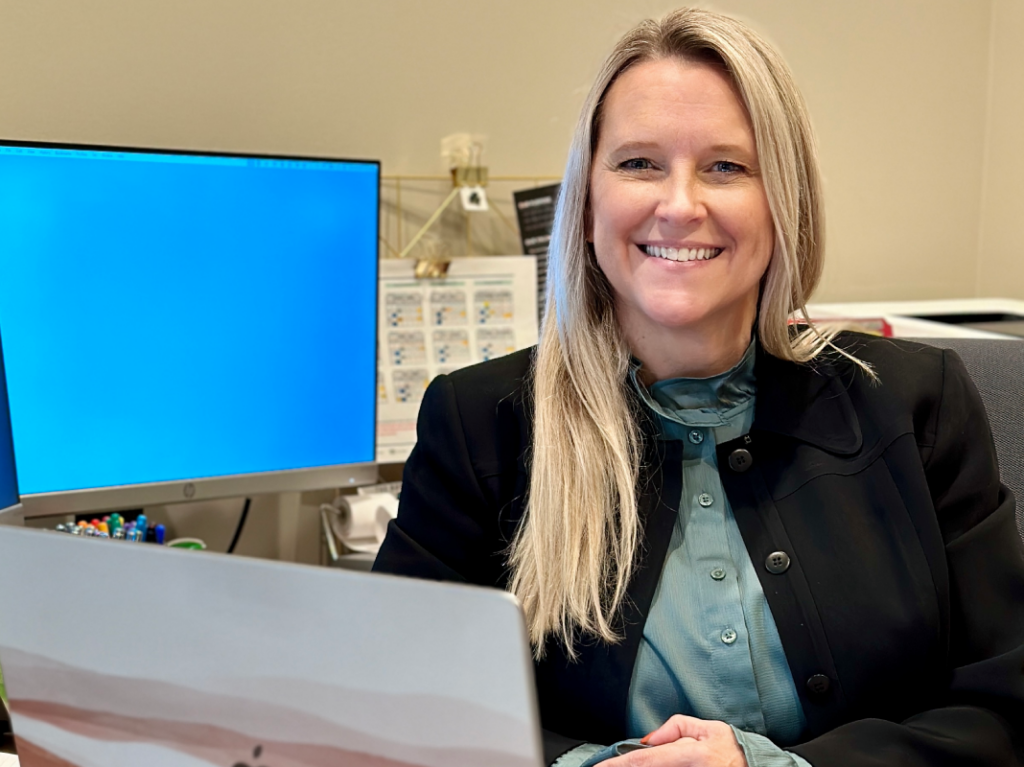Steve Mitchell, CFO of UK-based Redgate Software, is well aware of the challenges finance chiefs face today, particularly in the tech sector. But, he argues, those who focus too much on today’s fires risk getting consumed down the road.
Instead, Mitchell says, thinking “beyond the incremental” about issues from financing to talent recruitment is more important than ever. He spoke with StrategicCFO360 about rising interest rates, the power of “divergent thinking” and why you risk losing A-players if you tolerate C-players.
What are the key challenges you face as a CFO in the technology sector?
Uncertainty is a key issue. As a CFO, you want to be making decisions to drive long-term growth while appropriately managing short-term risks. Uncertainty tends to drive a focus on the short term, which can often mean passing up longer-term projects or opportunities that would create huge value.
The availability of affordable financing will be an issue for many CFOs, including those with existing debt to refinance—having spent 15 years in a world of ultra-low interest rates, it is a big readjustment to see those costs increase so rapidly.
Combined, the higher cost of capital and the increased uncertainty make it a tough time to be a CFO.
Recruiting and retaining great people also remains a challenge. While we have seen some high-profile layoffs from a number of big tech firms, the employment market remains tight, and it’s still a challenge to recruit quickly to take advantage of growth opportunities as they arise.
What can today’s tech CFOs do to address those challenges and how can they do more with less in response to today’s economic conditions?
Most CFOs will be on a drive to increase efficiency that never ends. In these challenging and uncertain times, the amount of time spent on driving efficiency can increase considerably, limiting time spent thinking strategically, with a growth mindset. Maintaining a balance is key to playing a full role in driving long-term success for the organization.
Thinking beyond the incremental will be critical. To do that often requires us to take a step back—to think about other businesses we have been in, to talk to peers, both within the industry or beyond—and to consider how more significant changes in the operating model of the business might work.
The CFO can drive a “doing more with less” approach across the leadership team of the organization well beyond cost saving. Many businesses and leaders operate largely in a state of functional fixedness—for example, to drive our growth we invest in developing the next product and then the marketing to launch it. CFOs should be encouraging more divergent thinking—how might we find new uses, for different customers, for our products? How might we collaborate through partnerships to expand the addressable market of our products?
People are often seen as a company’s biggest asset. What can CFOs do to better protect that asset?
In challenging economic and market conditions, such as those we face now, a key principle for CFOs to remember is a basic one: First, do no harm.
When it comes to investing in people—for example, training and development or in-person team building and collaboration—it is easy for a CFO and the finance team to mark the costs as discretionary and push for budget cuts.
We must differentiate between discretionary in the sense of “not contractually committed to” and discretionary in the sense of “will not materially damage the long-term health of the business.” Lowering investment in people will often fall into the former category.
Playing an active role in driving high performance on the team and across the business is key to attracting and retaining A-players and in driving cost efficiency. An A-player will probably contribute at least five times the value of a C-player, and nothing increases the flight risk of your A-players more than them seeing you tolerate C-players.
As the business landscape shifts in 2023, how can CFOs help their companies address retention and get the most value from their people? What does this mean for the year ahead?
In tough and uncertain financial times, when spending must be reduced, the CFO can help drive the allocation of investment in people to the right places. For example, if the bonus pool is smaller, ensure that whatever is available is used to reward those that have truly added value.
A CFO can provide teams across the business with an understanding of the position and prospects of the business, giving reassurance about the financial strength of the business, while also providing line-of-sight between the objectives people are working toward in their role and the overall goals of the company.
In uncertain times, most people place a higher value on working in a business that is financially sound. And all people want to work for an organization that is successful and where they can see their role in driving that success.








